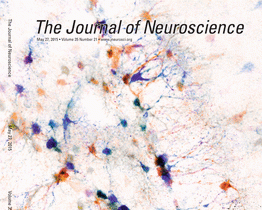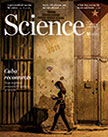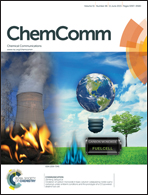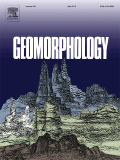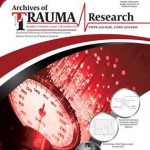 West Virginia University biologists have retracted two papers on insecticides for fruit pests due to a confidentiality agreement with a chemical manufacturer stating that the “results should not be published.”
West Virginia University biologists have retracted two papers on insecticides for fruit pests due to a confidentiality agreement with a chemical manufacturer stating that the “results should not be published.”
The retracted 2014 articles in Arthropod Management Tests, “Control of Internal Lepidoptera and other insect pests in apple, 2013” and “Control of Oriental Fruit Moth and other insect pests in peach, 2013,” were written by WVU entomologist Daniel Frank and plant pathologist Alan Biggs.
We’ve been unable to find abstracts for the papers, but here is a sister paper Frank and Biggs published in 2012,“Control of Internal Lepidoptera and other insect pests in apple, 2012,” evaluating various insecticides for the control of internal lepidoptera on an experimental plot of Red Delicious apple trees in West Virginia.
Here’s the to-the-point retraction note, which is identical for each paper: Continue reading The “results should not be published:” Company confidentiality agreement squashes two insecticide papers

